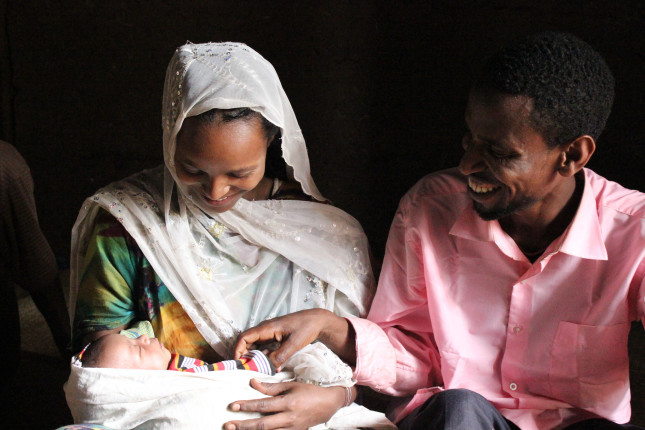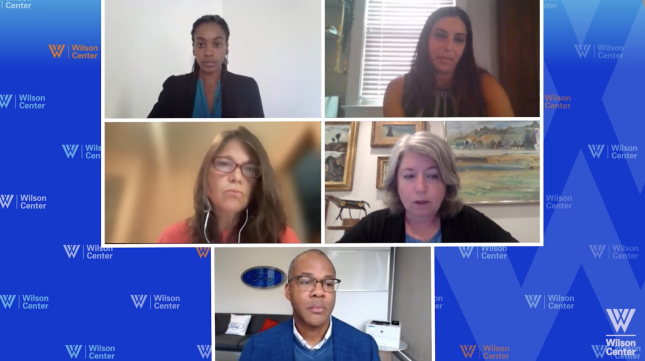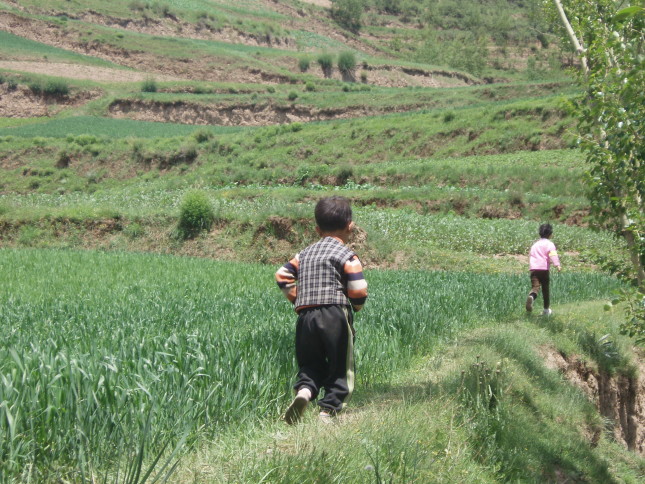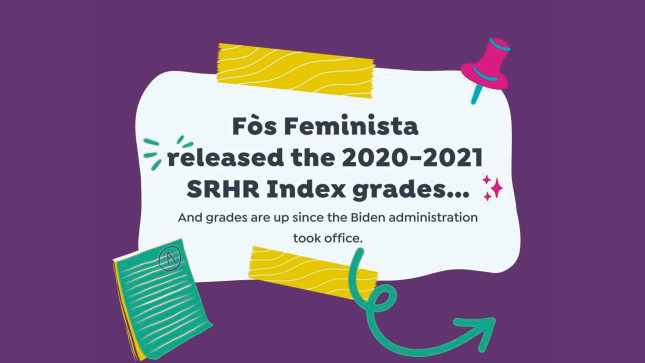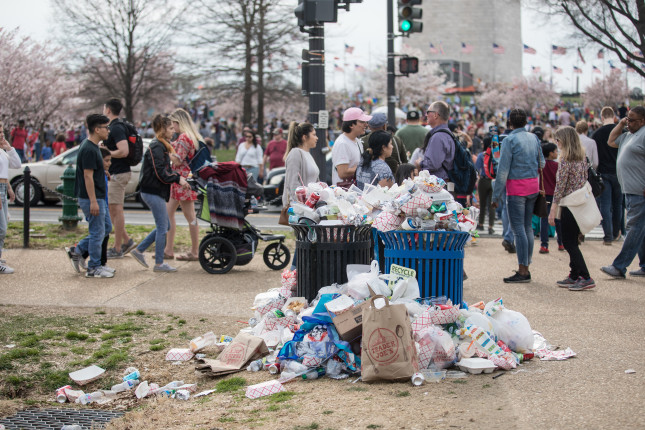-
New Analysis by Peter Schwartzstein: How Water Strategizing is Remaking the Middle East
›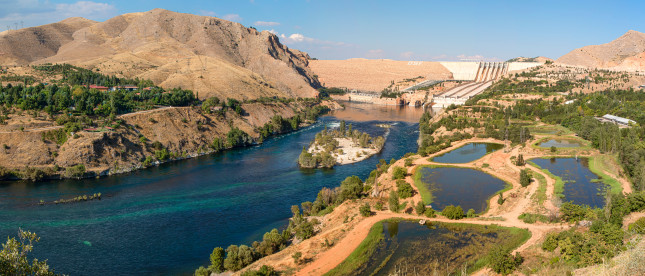
In the run up to COP 27 in Sharm El-Sheikh, Egypt, the first summit of its kind to be hosted in the region, water is rising on the agenda, and for good reason. In a new essay for the Wilson Center, Global Fellow Peter Schwartzstein explores how governments across the Middle East are approaching a world with less water – and to what effect. Drawing on a decade of environmental reportage from the Middle East, Schwartzstein sketches out how, why, and with what consequences states have adopted often dramatically divergent strategies.
-
The Crisis of Perinatal Mental Health Requires Collaborative Solutions
›
While a great deal of focus on risks to women’s health just before and after giving birth centers on physical wellbeing, Rebecca Levine, Senior Maternal Health Advisor with the U.S. Agency for International Development (USAID), observed that we may be missing a key part of the picture.
-
What Better Looks Like: Breaking the Critical Minerals Resource Curse
›
In recent years, the urgency of climate action has brought fresh attention to the critical minerals sector. Growing renewable energy investments are driving up demand for resources like lithium, cobalt, and copper, which form the mineral backbone of green technologies. But there are substantial concerns to navigate when it comes to sourcing green energy minerals.
-
Alok Sharma: Sustain Progress and Surmount Challenges for Success in Climate Action
›
As the world turns its attention to the 27th UN Climate Change Conference (CoP27) in Sharm El Sheikh, CoP26 President Alok Sharma reflects upon the achievements won thus far in the fight against climate change in our latest podcast. Sharma’s address at the Wilson Center also outlines the steps that need to be taken at CoP27 and in the future to ensure a sustainable and prosperous future for all.
Sharma observes that the CoP26 in Scotland last year represented a “fragile win” and that the Glasgow Climate Pact went further than many had imagined it would to keep accepted climate goals in place. “The pulse of 1.5 degrees remained alive,” he says.
-
Flood of Inequity: Confronting Climate Vulnerability Risk in China and Beyond
›2022 was a summer of climate extremes across the globe. Multiple heat events simmered across China and Europe, also in regions that are not “supposed to be this hot,” such as the United Kingdom. The western United States also baked in unusual heat, but perhaps the most damaging episode of the season occurred when extreme precipitation caused major flooding in Jackson, Mississippi. This untimely deluge exacerbated a pre-existing water infrastructure crisis in that city, leaving its 150,000, predominately black, residents without access to safe water for days.
-
The Grades Are In: The Biden Administration Makes Progress on SRHR
›
For six years, the Sexual and Reproductive Health and Rights (SRHR) Index has been a tool to hold the United States accountable to the commitments made nearly three decades ago at the International Conference on Population and Development (ICPD) in Cairo in 1994, where 180 countries developed a human rights framework for global development that explicitly promoted SRHR for women and girls globally.
-
Why We Need Extended Producer Responsibility for Plastic Packaging
›
Recycling in the United States is failing. Only 50 percent of packaging is currently recycled. For plastics the rate is lower, only nine percent. The U.S. packaging recycling rate is far below many other countries and has been stagnant for over a decade because our waste management infrastructure is fragmented, inefficient, and underfunded. U.S. city and county governments spend millions of taxpayer dollars each year to manage an expanding and increasingly complex array of packaging waste they had no input in designing or creating. U.S. recyclers are struggling with poorly designed packaging that cannot be recycled and adds cost to the recycling system, and brand owners are unable to source the recycled content they need to honor their public sustainability commitments. Under the current system, consumer packaged goods companies have little incentive to change.
-
Reproductive Autonomy: The Goal in Family Planning
›
The 15th anniversary of World Contraception Day (WCD) on September 26th was a perfect moment to renew the commitment to increase awareness and knowledge about contraceptive methods. But the availability of safe and effective methods is not enough. Reproductive autonomy, which is defined as “having the power to decide about and control matters associated with contraceptive use, pregnancy, and childbearing,” is also a central tenet of both WCD and the Sustainable Development Goals for 2030. People must be supported in making their own decisions about their sexual and reproductive health, including if and how they become pregnant.
Showing posts from category *Blog Columns.


